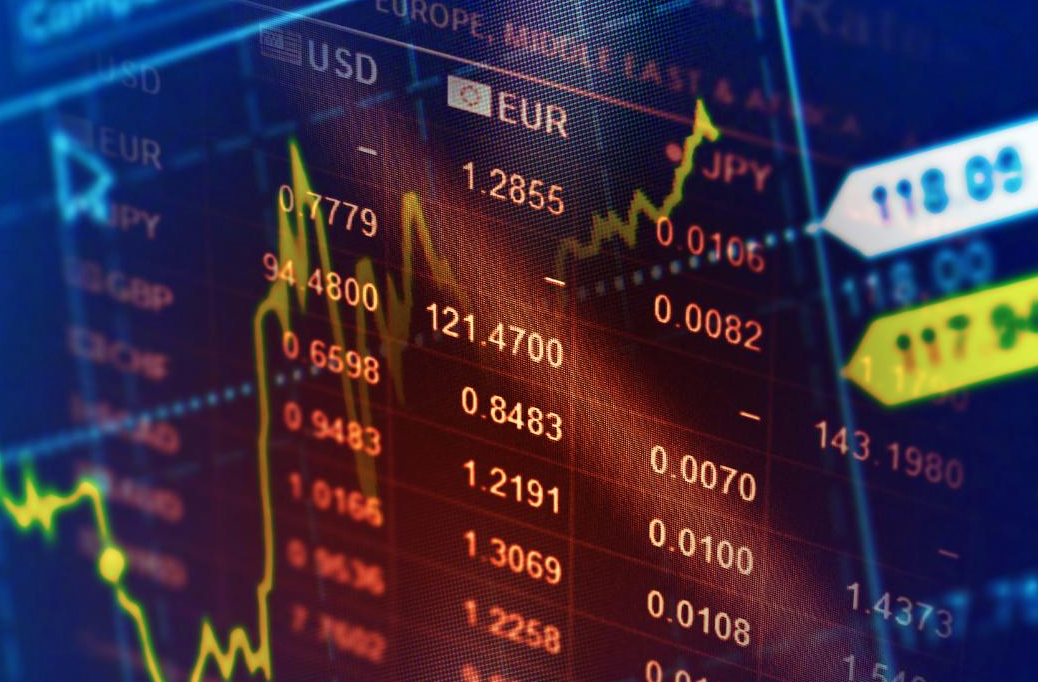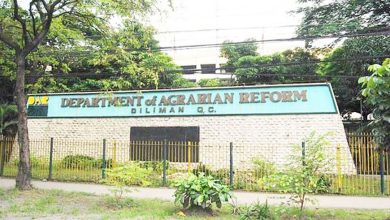Task force must pursue conviction of vote buyers, sellers

By John Victor D. Ordoñez
THE COMMISSION on Elections’ (Comelec) planned task force against vote-buying should resolve to jail vote buyers and sellers, political analysts said at the weekend.
“Vote-buying may be almost impossible to stop, but could be kept in check if Comelec will resolve to really jail violators,” Gerard V. Eusebio, a political science professor at the De La Salle University, said in a Facebook Messenger chat.
Otherwise, he said, “That inter-agency task force is just a knee-jerk reaction to create the impression that the Comelec really means business.”
Election Commissioner George M. Garcia said last week that the poll body intends to form a team composed of representatives from law enforcement agencies and the Department of the Interior and Local Government.
He said that the task force is expected to respond to incidents of vote-buying based on either formal requests or motu proprio, meaning upon its own initiative.
Comelec Spokesperson James B. Jimenez said in February that under the election body’s rules, vote buying and selling incidents can only be investigated upon the filing of a complaint. These incidents may also be reported to Comelec’s social media and email accounts.
“The number one problem of vote-buying has been in the gathering of evidence including the identifying of potential witnesses who would be committed to providing affidavits and to testify in a court of what happened,” Carlo Africa, a policy specialist for election watchdog Legal Network for Truthful Elections (LENTE), said in a Facebook Messenger chat.
“So, part of the solution would be a more robust witness protection program for vote-buying whistleblowers, and reminding people who sold their vote that they can be exempted from criminal liability if they cooperate with the case filed against the vote buyers,” he said.
Election watchdog Kontra Daya earlier asked Comelec to probe a possible vote-buying violation at a rally for the Marcos-Duterte tandem in Cavite City as the incumbent mayor gave out money to people from the audience who were called on stage before the candidates arrived.
Mr. Garcia earlier urged the public to file formal complaints on these alleged vote-buying incidents so they could study evidence presented and require defendants to respond to the allegations.
“We want a formal investigation because definitely, we cannot file cases based on news reports,” he said last week. “Cases with concrete evidence are the ones that can stand in court.”
Mr. Africa noted that Comelec could also go after vote-buyers through buy-bust operations.
He added that digital platforms such as e-wallets should be studied to understand how perpetrators may use these for the election offense.
“Part of the information we would hope to get would be the frequency of use, the range of the amounts disbursed, and the number of accounts being used,” he said. “Tracking all of this data would allow regulators to potentially identify the fraudulent use of e-wallets for the purpose of vote-buying.”
Under the Omnibus Election Code, vote-buying is defined as “Any person who gives, offers or promises money or anything of value, in order to induce anyone or the public, in general, to vote for or against any candidate.”
“They need to work with the courts and other agencies that form part of the justice system in making sure that complainants and witnesses are protected and the investigation and decisions are fair but timely or speedy,” said Maria Ela L. Atienza, a political science professor from the University of the Philippines, in a Viber message.
“People want to see perpetrators be punished and be a warning for others that Comelec is a trustworthy institution that acts swiftly and fairly.”
GUN BAN
Meanwhile, Comelec will review its regulations on applying for exemptions for the gun ban imposed during the election period.
“We will push for the review and recalibration of the gun ban exemption and security application guidelines,” Mr. Garcia said in a Viber message on Sunday.
“We have to make it easier and expeditious thereby removing hindrances and tedious administrative requirements.”
The commissioner noted that the review is especially important for members of the judiciary, prosecutorial service, government personnel, and Comelec field officers who face threats while performing their duties.
Under a resolution dated Nov. 10 last year, only regular members of the Philippine National Police, the Armed Forces of the Philippines, and other law enforcement agencies deputized by Comelec may be authorized to carry firearms during the election period.
“Likewise, we will decentralize the filing and processing of the application to our regional offices in view of the improved pandemic situation,” he added.




